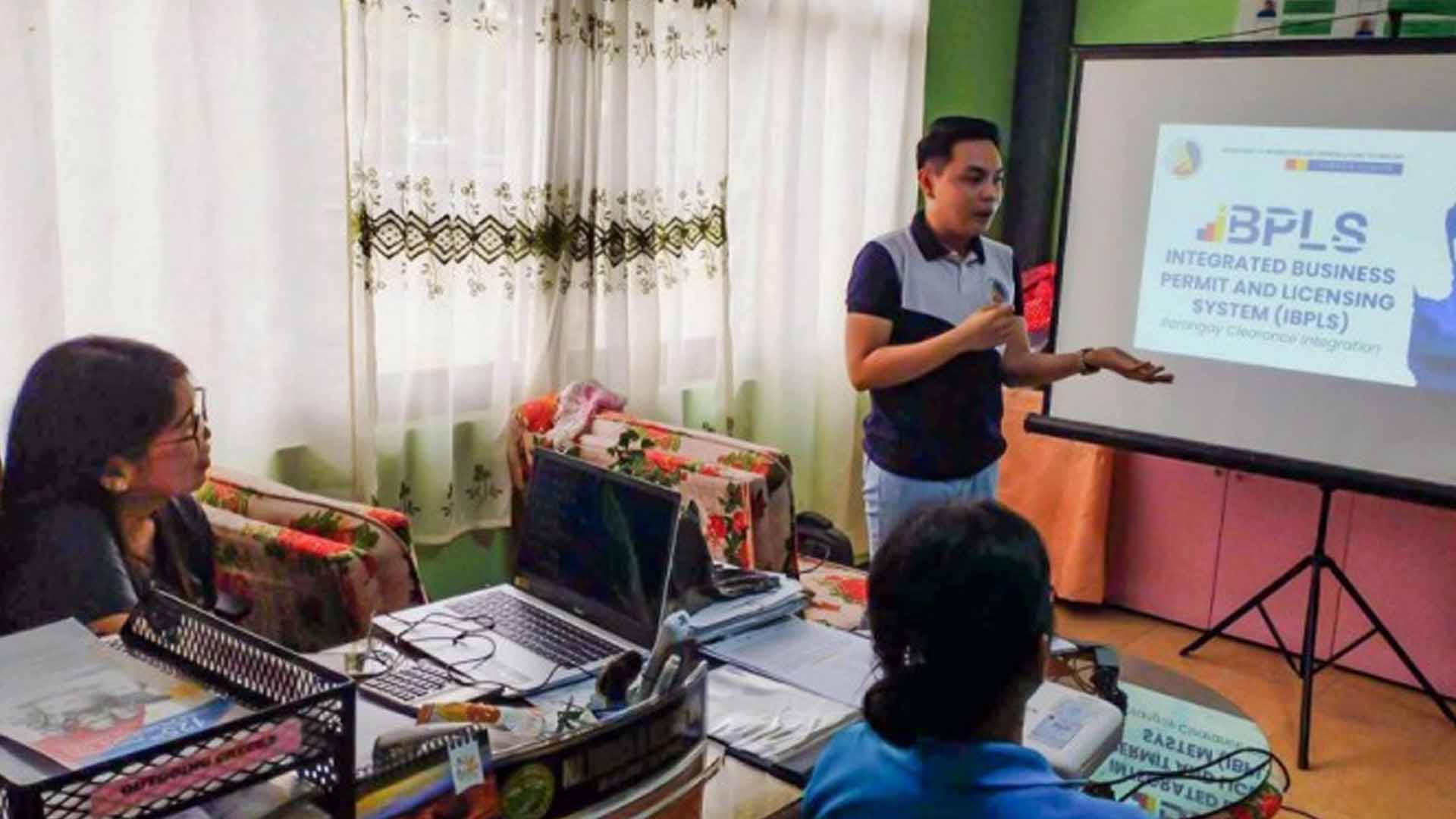The Department of Information and Communications Technology in the Caraga Region (DICT-13) has stabilized the implementation of the Integrated Business Permit and Licensing System or IBPLS among local government units (LGUs).
This came after President Ferdinand Marcos Jr. mandated the DICT last year during his first State of the Nation Address to identify and utilize digital innovations for the improvement of local governance.
“The IBPLS ushered (in) the new era of efficiency, transparency, and ease of doing business in many LGUs in the region,” DICT-13 Director Mario Cuñado said in a statement on Tuesday.
On Monday, the President was joined by officials of the DICT and the Department of the Interior and Local Government in the national launch of the Electronic Local Government Unit (eLGU) System and the People’s Feedback Mechanism (eReport), which are vital components of the eGov PH Super App, a mobile application that integrates multi-sectoral government services into a single platform. The systems support the government’s mission to provide a one-stop-shop for its services.
“These programs mark a paradigm shift in the way that our government and citizens interact with one another. With the power of technology, we can break barriers and bridge gaps in ways that we have never been able to do before,” Marcos said in his speech during the apps’ launch at Malacañang Palace in Manila.
In partnership with the Anti-Red Tape Authority, the systems will complement efforts to eliminate unnecessary layers of bureaucracy, as well as making government transactions easier and more efficient, Marcos said.
The IBPLS is among the strategies in streamlining government transactions as mandated under Republic Act 11032 or the Ease of Doing Business and Efficient Government Service Delivery Act of 2018.
IBPLS is an online portal that allows LGUs and their constituents to apply for and process business permits, building permits, and certificates of occupancy electronically.
At least 44 LGUs in the region are handling and issuing business permits, licenses, and clearances using the IBPLS, Cuñado said.
Of the 44 LGUs, 38 are currently implementing the IBPLS for business permits and barangay clearances while six are utilizing the system in the issuances of building permits and certificates of occupancy.
Of the 38 LGUs using the IBPLS for business permits and barangay clearances, six are from Agusan del Norte, three in Agusan del Sur, two in Dinagat Islands, 12 in Surigao del Norte, and 15 in Surigao del Sur.
“The IBPLS eliminates the need for businesses and individuals to navigate multiple government agencies and departments to obtain permits and licenses. By streamlining the process through computerization, it minimizes bureaucratic delays and significantly reduces the time to complete applications,” Cuñado said.
Aside from ease of doing business, he added that IBPLS also help LGUs and their clients in efficiency and time savings, transparency and accountability, and data management and planning.
The IBPLS likewise raised the collections of LGUs in business permits and licenses, according to DICT-13 data.
The municipality of Burgos in Siargao Island, Surigao del Norte logged the highest percentage increase in revenue collections from January to February this year, amounting to PHP500,835.70 or 236.63 percent from PHP148,778.75 in the same period last year.
In Surigao del Norte, the town of Tubod gained a 95.23-percent increase in collections from January to February this year, or PHP4,377,340.96 compared to PHP2,242,097.92 worth of revenues for the same period in 2022.
An increase was also recorded in Tago, Surigao del Sur at 53.38 percent, with PHP4,204,510.17 revenue collections for the first two months this year compared to PHP2,741,298.35 collections from last year. (PNA)







